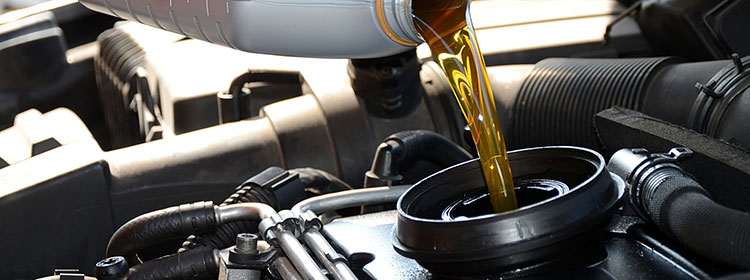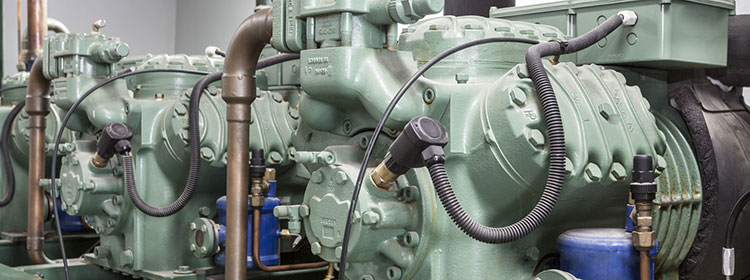Far more factors are important for reliable lubrication than simply selecting the right lubricant based on standards, specifications or lubricant lists.
Studies from various application areas show that significantly more than half of all lubrication-related failures can be attributed to improper handling of lubricants during operation.
Examples include the following: Contamination during transport, storage and operation, carelessness when changing the oil, inadequate oil monitoring or mixing supposedly compatible oil types. The whole thing increases with the number of systems to be lubricated – the more lubricant types, the more confusing!
Nur eine Systematic consideration and control of all lubrication-related tasks can improve the situation in the long term.
Module 1 of the online training series shows the individual components of systematic lubrication in operation.
Module 2 demonstrates the procedure for introducing a certifiable system based on the ICML 55 guideline of the International Association for Machine Lubrication. Here, all lubrication activities are specially tailored to the requirements of ISO 5500x (asset management).









